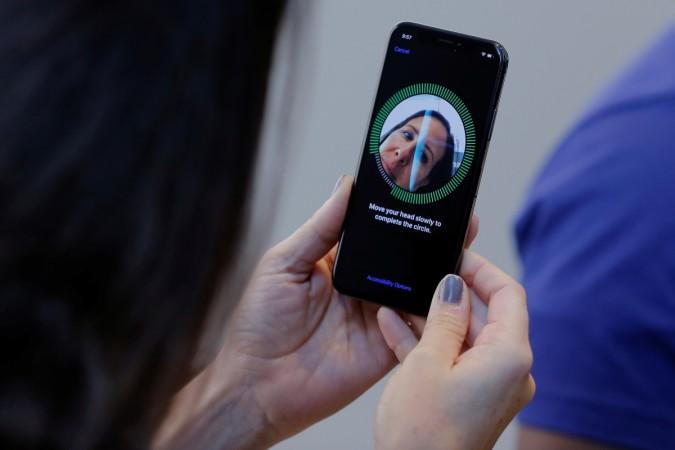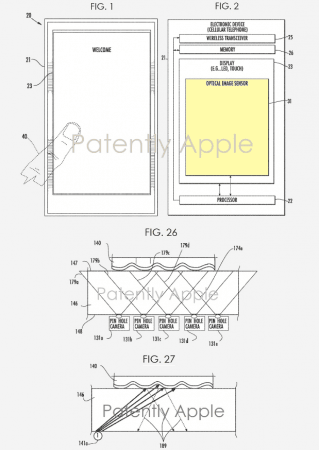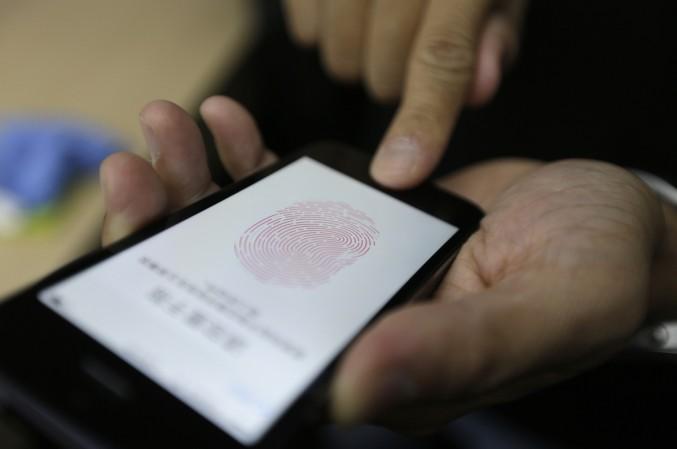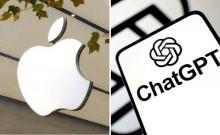Cupertino-based technology company Apple was rumoured to bring the on-screen fingerprint sensor in the tenth anniversary commemorative iPhone X in 2017, but it never materialised. Now, reports have emerged that Apple is working on an advanced fool-proof biometric scanner for iPhones.
Yes, Android phone makers such as Vivo have already released phones (Nex S & X21 series) with an in-display fingerprint scanner. But, Apple's new patent says that its technology is superior in terms of accurately recognising the owner's finger impression with 3D mapping tech. Also, the user will be able to use a wider area on the display to place the finger. Whereas in Android, the user has to put the finger only on a small designated point on the screen.

In the schematic diagram shown in Apple patent document (courtesy, Patently Apple), an optical image sensor is placed under the screen covering most part of the front panel and further down, the company plans to incorporate pin-hole camera with light sensors to shoot upwards from the screen so that when the finger is placed on the screen, the reflected light will be used to create a 3D print of the finger impression. With such capability, it will be almost impossible to fool the iPhone with a 2D photocopy of the finger impression.

There is a higher probability of security breach and false rejection happening to the face scanner features in Android phones that try to mimic iPhone X's FaceID. They cannot even properly identify the owner's face in the dark and also 2D photo sometimes fooled the system. On the other hand, Apple's sophisticated TrueDepth camera system is still the gold standard for the facial scanner. It makes use of IR laser sensor, Flood Illuminator (helps identify face even when it's dark out), Dot Projector (30,000 invisible dots are projected onto the users face to build your unique facial map) and a 7MP FaceTime snapper to accurately identify the owner's face in 3D.

If this Apple patent turns out to be true, it will be a game changer, as this will add another layer of security and it will be impossible to infiltrate the iPhone.
In a related development, another Apple patent document surfaced online, last week, revealing that the company is planning to make future iPhones as 'proof of identity' and someday replace the passport entirely.
Apple plans to incorporate a dedicated circuit board in iPhone with encryption to store sensitive information that confirms the identity of the user. And, when a government-run authority like the airport security personnel request for user id, it will reciprocate with required data to authenticate the device's owner.



![Ultrahuman launches Ring PRO, free charging case with more than just power and Jade AI [details] Ultrahuman launches Ring PRO, free charging case with more than just power and Jade AI [details]](https://data1.ibtimes.co.in/en/full/829151/ultrahuman-launches-ring-pro-free-charging-case-more-just-power-jade-ai-details.png?w=220&h=135&l=50&t=40)











![Ultrahuman launches Ring PRO, free charging case with more than just power and Jade AI [details]](https://data1.ibtimes.co.in/en/full/829151/ultrahuman-launches-ring-pro-free-charging-case-more-just-power-jade-ai-details.png?w=220&h=135)

